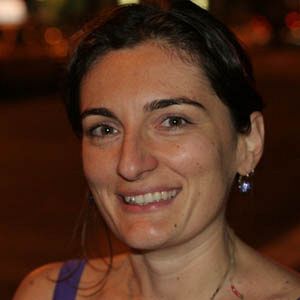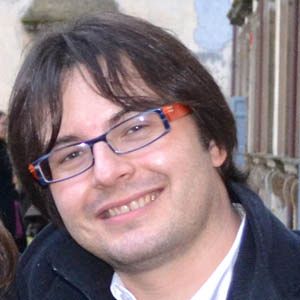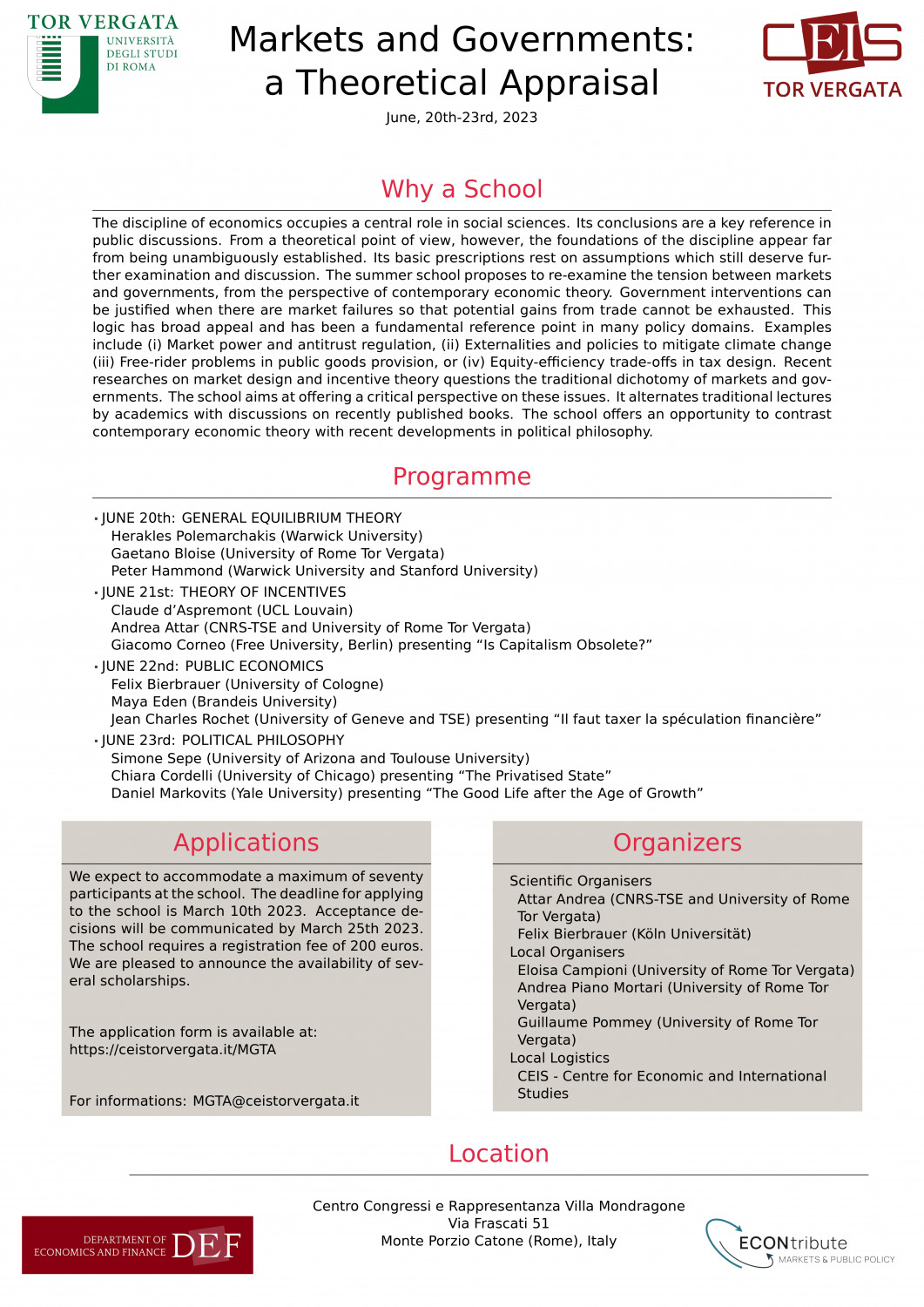SUMMER SCHOOL
Markets and Governments: a Theoretical Appraisal
Villa Mondragone, Rome - June, 20th-23rd, 2023
“Painting by Enzo Amendola“
“Professor Hayek does not see, or will not admit, that a return to free competition means for the great mass of people a tyranny probably worse, because more irresponsible, than that of the State”, George Orwell: “A Review of The Road to Serfdom by F.A. Hayek”, Observer, April 9th 1944.
“It seems to be nothing more than simple and obvious wisdom to compare social institutions as they might be expected actually to operate rather than to compare romantic models of how such institutions might be hoped to operate. [...] The socialist mystique to the effect that the state, that politics, somehow works its way toward some transcendent “public good” is with us yet, in many guises, as we must surely acknowledge”, James Buchanan: “Politics without romance: a sketch of positive public choice theory and its normative implications”, Physica, 1979.
Why a School
From a theoretical point of view, however, the foundations of the discipline appear far from being unambiguously established. Its basic prescriptions rest on assumptions which still deserve to be more fully understood and explicitly discussed.
The summer school proposes to reexamine a very classic theme in economic thought, the tension between markets and governments, from the perspective of contemporary economic theory.
Our starting point will be the conceptual framework which is at the root of standard comparisons between markets and governments: Government interventions can be justified when there are market failures so that potential gains from trade cannot be exhausted. This logic has broad appeal and has been a fundamental reference point in many policy domains. Examples include (i) Market power and antitrust regulation, (ii) Externalities and policies to mitigate climate change (iii) Free-rider problems in public goods provision, or (iv) Equity-efficiency trade-offs in tax design.
- It is biased in favor of markets because markets are taken to be desirable - unless they are proven to fail. But even if markets work, this does not prove that other mechanisms do no work. It is conceivable that governments work as well. This “In-dubio pro markets” warrants a justification.
- It is biased in favor of governments because policy intervention are taken to be desirable whenever markets fail. It is conceivable that governments fail as well. Thus, “Governments work when markets fail” also warrants a justification.
Recent research on market design and incentive theory puts in question the traditional dichotomy of markets and governments. Markets can be designed in a way that serves distributive objectives, fairness objectives or desires to avoid the use of money as a medium of exchange.
At the same time, market pressures stand in the way when governments seek to reform financial regulation, mitigate climate change or enforce corporate taxation. These policy challenges seem to require a degree of market taming beyond the usual confines of taxation and regulation in market-based economies.
The school aims at offering a critical review of these recent issues. We will alternate traditional lectures by academics who have contributed to different areas of contemporary economic theory, with discussions around the presentation of recently published texts. In particular, the school aims to provide an opportunity to contrast contemporary economic theory with recent developments in political philosophy.
Programme
The school is organized over four days at Villa Mondragone, in Monteporzio Catone.
Each morning is devoted to lectures. Afternoons will feature presentations of alternative perspectives, from the viewpoint of the structure of property rights, taxation regimes, social justice. No background is required, although familiarity with analytical reasoning may help.
JUNE 20th: GENERAL EQUILIBRIUM THEORY
- 9:30h-9:50h: Opening
- 9:50h-10:00: Vincenzo Atella (Tor Vergata University) - Welcome Address
- 10:00h-11:30h: Herakles Polemarchakis (Warwick University) - Uninsurable Risk
- 11:30h-11:50h: Coffee break
- 11.50h-13:20h: Gaetano Bloise (Tor Vergata University) - Equilibrium, Welfare and Time
- 13:20h-15:00h: Lunch
- 15:00h-16.30h: Peter Hammond (Warwick University and Stanford University) - Strategyproof Liberalization and Constrained Efficiency with Widespread Externalities
JUNE 21st: THEORY OF INCENTIVES
- 9:30h-10:45h: Claude d’Aspremont (UCL Louvain) - Incentive Compatibility and
Mechanism Design - 10:45h-11:00h: Coffee break
- 11:00h-12:15h: Andrea Attar (CNRS-TSE and Tor Vergata University) - Incentive Theory
in Competitive Settings - 12:15h-14:00h: Lunch
- 14:00h-15:20h: Giacomo Corneo (Free University, Berlin) - Is Capitalism Obsolete? A Journey through Alternative Economic Systems
- 15:20h-15:30h: Coffee break
- 15:30h-16:50h: John Roemer (Yale University) - Notes on How we Cooperate
JUNE 22nd: PUBLIC ECONOMICS
- 10:00h-11:30h: Felix Bierbrauer (University of Cologne) - The Equity-Efficiency-Tradeoff and the Political Economy of Taxation
- 11:30h-11:50h: Coffee break
- 11:50h-13:20h: Maya Eden (Brandeis University) - The Normative Content of Other - Regarding Preferences
- 13:20h-15:00h: Lunch
- 15:00h-16:30h: Jean Charles Rochet (University of Geneve and TSE) - Taxing Financial Transactions
JUNE 23rd: POLITICAL PHILOSOPHY
- 10:00h-11:30h: Simone Sepe (University of Arizona and Toulouse University) - Normative Ethics and Economic Theory
- 11:30h-11:50h: Coffee break
- 11:50h-13:20h: Chiara Cordelli ( University of Chicago) - The Privatized State
- 13:20h-15:20h: Lunch
- 15:00h-16:30h: Daniel Markovits (Yale University) - The Good Life after the Age of Growth
- 16:30h-17:00h: Closing remarks
Applications
We expect to accommodate a maximum of seventy participants at the school. Interested participants should apply by filling the registration form. The deadline for applying to the school is March 13th 2023. Acceptance decisions will be communicated by April 6th 2023.
To ensure effective participation, and to guarantee that the available seats will actually be filled, the school requires a registration fee of 200 euros. However, we are pleased to announce the availability of several scholarships that will guarantee exemption from the tuition, for all the successful applicants without research funds.
The applications are closed.
Directions and Accommodations
In what follows you can find useful indications to reach Villa Mondragone
Directions
Fiumicino Airport
From Fiumicino airport take the fast train (LEONARDO EXPRESS) to Termini railway station (departures every 30 minutes, first departure at 06:35, last departure at 23:35, ticket 9,50 €.
A taxi to reach Rome should cost around 40,00/60,00 €.
Frascati downtown can be conveniently reached from Termini central railway station by train. Trains nearly every hour; journey takes about 40 minutes. Tickets are available at the Station and cost 1,70 €.
Ciampino Airport
The following bus and train services are available from Ciampino:
• the Terravision bus (Roma Termini central station - Roma Ciampino airport )
• the Cotral/Schiaffini bus nightly connections (Roma Termini central station - Roma Ciampino airport )
• the subway + the Cotral/Schiaffini bus (Line A, Anagnina station - Roma Ciampino airport )
• the train + the Cotral/Schiaffini bus (Ciampino railway station - Roma Ciampino airport)
Back
From Termini Railway Station
Take the underground "A" to the final stop Anagnina (ticket 1 €).
From ANAGNINA underground "A" final stop catch a blue COTRAL bus direction Rocca Priora (bus-shelter n.° 6) to Monteporzio Catone and get off at the Villa Mondragone.
Frascati downtown can be conveniently reached from Termini central railway station by train. Trains nearly every hour; journey takes about 40 minutes. Tickets are available at the Station and cost 1,70 €.
By Car or Taxi/Uber
From highway A1 Milano - Napoli or from highway A24 Roma - L'Aquila/Pescara: follow direction Roma Sud, exit Monte Porzio Catone, then follow signs to Villa Mondragone and Hotel Villa Vecchia (follow the road signs for Frascati).
From downtown Rome:
take the G.R.A. (Grande Raccordo Anulare, the ring highway around Rome) to the highway A1 Roma - Napoli, then exit Monte Porzio Catone. Follow signs to Villa Mondragone and Hotel Villa Vecchia.
Accommodations
Below are some of the hotels in convention with Tor Vergata University in Frascati
- Hotel Flora, Viale Vittorio Veneto, 8, Frascati (Rome)
- Hotel Colonna, Piazza del Gesù, 12, Frascati (Rome)
- Hotel Villa Mercede, Via Tuscolana, 20, Frascati (Rome)
- Hotel Villa Vecchia, Via Frascati, 49, Frascati (Rome)
- Residence Frascati, Via Carlo Lucidi, 2, Frascati (Rome)
- Antica Terrazza Frascati, Via Garibaldi, 1, Frascati (Rome)
Organisers and Contacts
Scientific Organisers
Local Organisers
Contacts
Summer School: “Markets and Governments: a Theoretical Appraisal”
c/o Villa Mondragone, Monte Porzio Catone (Rome) Italy
phone: +39 06 7259 5601
e-mail: MGTA@ceistorvergata.it









